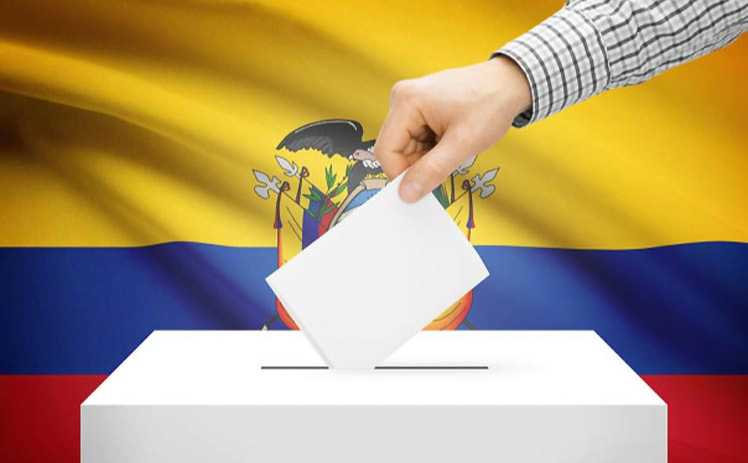
Image credit: Prensa Latina
By María Josefina Arce
Less than a month to go before the municipal elections in Ecuador, a day in which Ecuadorians will also pronounce themselves in a referendum on several sensitive issues, in what has been described by many as an attempt by the government presided by Guillermo Lasso to improve its image.
With a mere 15% approval rating, Lasso arrives at the February 5 referendum, which brings to the table issues of concern to citizens, such as the violence and insecurity in which the country is immersed.
Ecuador ended 2022 with more than 25 violent deaths per 100,000 inhabitants, the highest homicide rate in its history. Far from recognizing their inoperativeness, the authorities try to pretend that this figure is the result of what they call efficient state action against organized crime.
Over the past year, new prison massacres have been recorded, confirming the serious problems of what should be a rehabilitative system, battered by overcrowding, impunity and government neglect.
In fact, the authorities were unable to stop the entry of weapons and explosives into the prisons, a fact linked to the high level of corruption prevailing in these centers.
Unnecessary and ineffective is how this consultation has been qualified by the society, which points out that it will not solve the problem of insecurity, which requires above all social policies to improve the living conditions of Ecuadorians.
The opposition Union for Hope rejected the procedure as a smokescreen used by the executive in search of oxygen after months of incompetence at all levels.
In fact, the quality of life of Ecuadorian families began to deteriorate since the mandate of the now former President Lenin Moreno, the arrival of banker Guillermo Lasso to the Carondelet Palace, in May 2021, did not make any difference, and the incidence of COVID 19 came to complicate the situation.
Today poverty, inequality and informal employment dominate the landscape of the nation, where 25% of its citizens live in misery, a figure that increases to almost 43% in rural areas, according to the National Institute of Statistics and Census.
UNICEF, the UN Children's Fund, stated that one out of every three Ecuadorian children suffers from malnutrition, of which about 41% are indigenous and are in the range of chronic malnutrition.
The response to insecurity cannot be limited to more police on the streets, which may also lead to excessive use of force and disrespect for people's integrity.
The states of exception decreed by President Lasso did not put an end to the wave of violence in Ecuadorian territory, where robberies of businesses and citizens in the streets continued to be reported, with fatalities.
The problem is more complex and requires an integrated approach, it also requires the adoption of social policies to close existing inequalities, to create opportunities for education and employment, to improve the quality of life of citizens.

